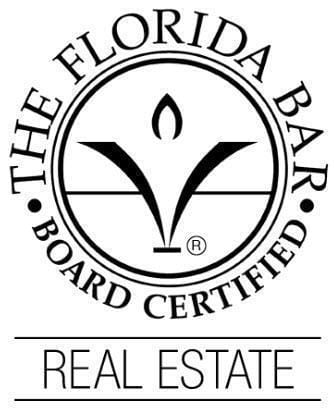Representing Clients With Both Residential & Commercial Real Estate Issues
Over the past three decades, the South Florida real estate market has gone through numerous ups and downs. Nevertheless, people continue to buy and sell property every day. At the Hollywood law offices of Jeffrey Feinberg, P.A., our mission is to help our clients successfully navigate the real estate market.
Work With A Board-Certified Real Estate Attorney
Our attorney, Jeffrey Feinberg, has been representing individuals (homeowners and investors) and businesses in a variety of residential and commercial real estate transactions since 1979. He knows the Florida real estate market and he knows the law. In fact, he is Board-Certified in Real Estate by the Florida Bar.
Our Real Estate Law Practice
Whether the real estate market is hot or sluggish, timing is always important. So is attention to detail, especially where real estate contracts are concerned. For this reason working with a lawyer who has an in-depth knowledge of the law is a good way to avoid surprises at closing time or, perhaps even worse, further down the road.
Moreover, for the buyers and sellers of property, emotions can often interfere with sound decision-making. This is yet another good reason to retain the services of a highly qualified real estate attorney.
Some of the real estate matters our law firm routinely handles include:
- Sale agreements and closings
- Title searches and title insurance
- Financing and refinancing
- Tax-deferred exchanges
- Purchase agreements
- Real estate contracts
- Houses and condominiums
- Apartment buildings and condo conversions
- Drafting of commercial leases
Contact Us
To learn more about our firm and what we can do to assist your real estate contract or transaction, please call or email us today.





